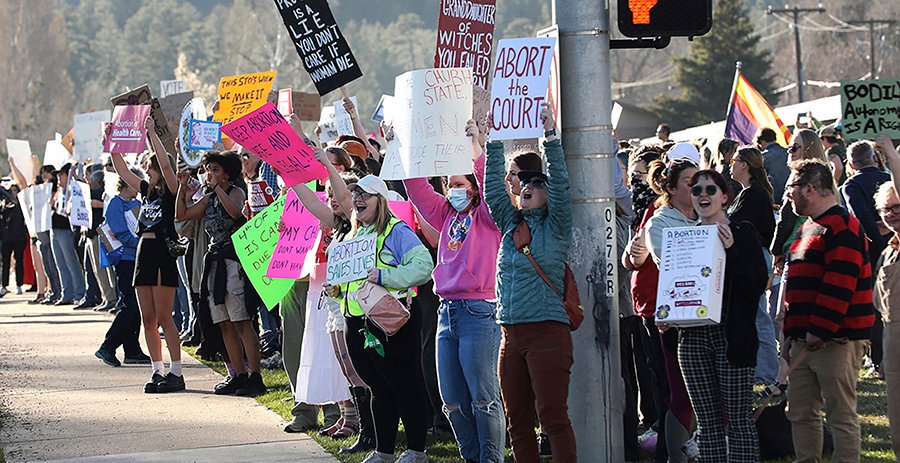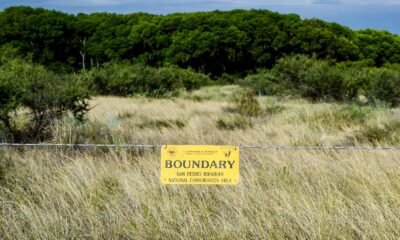abortion
Judge Strikes Down Abortion Time Limits—A Permanent Win for Rights

Arizona has made a significant shift regarding abortion legislation, with no time limits now enforced on the procedure. This ruling comes after Maricopa County Superior Court Judge Frank Moskowitz declared the state’s previous 15-week abortion limit unconstitutional on March 5, effectively blocking state officials from enforcing the law.
The decision aligns with Arizona voters’ approval of Proposition 139 in November, which established a constitutional right to terminate a pregnancy. The case arose when abortion providers challenged the state, and notably, Attorney General Kris Mayes supported their stance, agreeing that the voters’ decision rendered the old law unenforceable.
This ruling is expected to set the stage for further legal challenges aimed at overturning remaining abortion-related regulations, such as a 24-hour waiting period and mandatory ultrasounds prior to abortions. Nancy Northup, president and CEO of the Center for Reproductive Rights, underscored the need to continue fighting these barriers.
As lawmakers seek to introduce new restrictions, the House has advanced HB2681, legislation targeting abortion-inducing drugs. This new measure imposes stricter requirements, like in-person examinations and mandatory follow-up visits, which advocates argue tests the boundaries of Proposition 139’s protections.
Rep. Rachel Keshel is also advocating for a constitutional amendment aimed at reversing some of the protections that were established by last year’s ballot measure. She asserts that while voters supported Prop. 139, safety measures for patients must not be overlooked.
The language of Proposition 139 explicitly states that individuals have a fundamental right to abortions, with restrictions only permissible before fetal viability, which typically occurs between 22 to 24 weeks of pregnancy. Residual laws, including waiting periods and restrictions on who may perform abortions, could remain under legal scrutiny and lead to further litigation.
Supporters of abortion rights argue that existing limitations infringe upon the rights granted by Proposition 139. Attorneys representing Planned Parenthood highlighted that the previous abortion ban hindered patient care and infringed upon constitutional rights.
Despite the recent ruling, the path ahead remains uncertain as legal battles continue. Abortion providers previously hesitated to proceed beyond the 15-week mark until assurances were given by the Attorney General that no charges would be filed against them.
Providers now express relief at the ruling and emphasize the importance of access to necessary healthcare services. However, ongoing efforts by some lawmakers to introduce further restrictions complicate the landscape, with discussions on the safety of abortion medications proving contentious.
The fate of HB2681 is yet to be determined, pending Senate review, but Gov. Katie Hobbs has indicated opposition to any legislation that she believes infringes upon abortion rights, suggesting that further pushback against restrictions is anticipated.


















